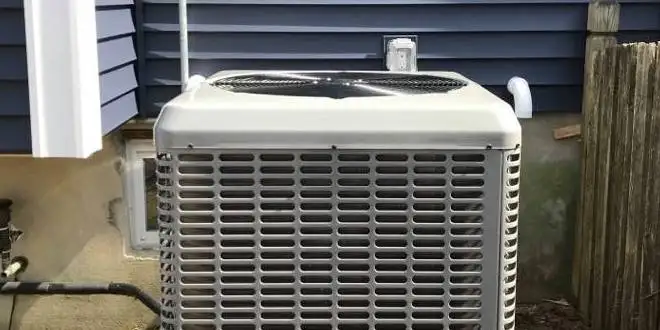
Summer heat isn’t the only enemy your AC battles. Dust, pollen, and even smoke can lurk in your home’s air, making you sniffle and sneeze. But what if your trusty air conditioner could be your secret weapon for cleaner air? In this post, we’ll dive into the surprising truth about air conditioning and smoke filtration, exploring how your AC system can impact your indoor air quality and how to maximize its effectiveness.
Understanding How Air Conditioning Systems Work
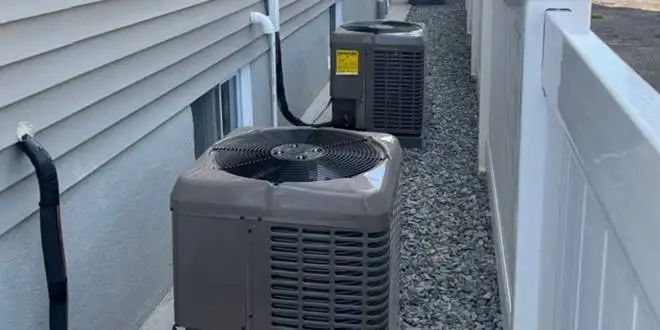
The Basics of Air Conditioning
Air conditioning systems serve as the backbone of indoor comfort, particularly in regions subjected to extreme temperatures. The fundamental operation of an air conditioner involves pulling in warm indoor air, cooling it by passing it over coils filled with refrigerant, and then redistributing the cooled air back into the living space. This process effectively lowers the temperature and reduces indoor humidity levels by extracting moisture from the air.
Air Circulation vs. Air Filtration
While air conditioners excel in cooling and circulating air, it’s important to distinguish between air circulation and air filtration. The primary goal of an air conditioning unit is to regulate temperature, not to purify air. Yes, air conditioning systems do feature filters, which are designed to trap dust, pollen, and other larger airborne particles. However, these standard filters are not typically fine enough to capture smoke particles or the smallest of pollutants.
Limitations in Smoke Filtration
This brings us to a crucial point: air conditioning systems, in their standard configuration, are not specifically engineered for smoke filtration or removing microscopic pollutants. The filters within most AC units can help remove some airborne particles through regular air circulation, but they fall short when it comes to effectively capturing smoke particles, which require more specialized filtration solutions.
The Role of Air Filters in Air Conditioning Systems
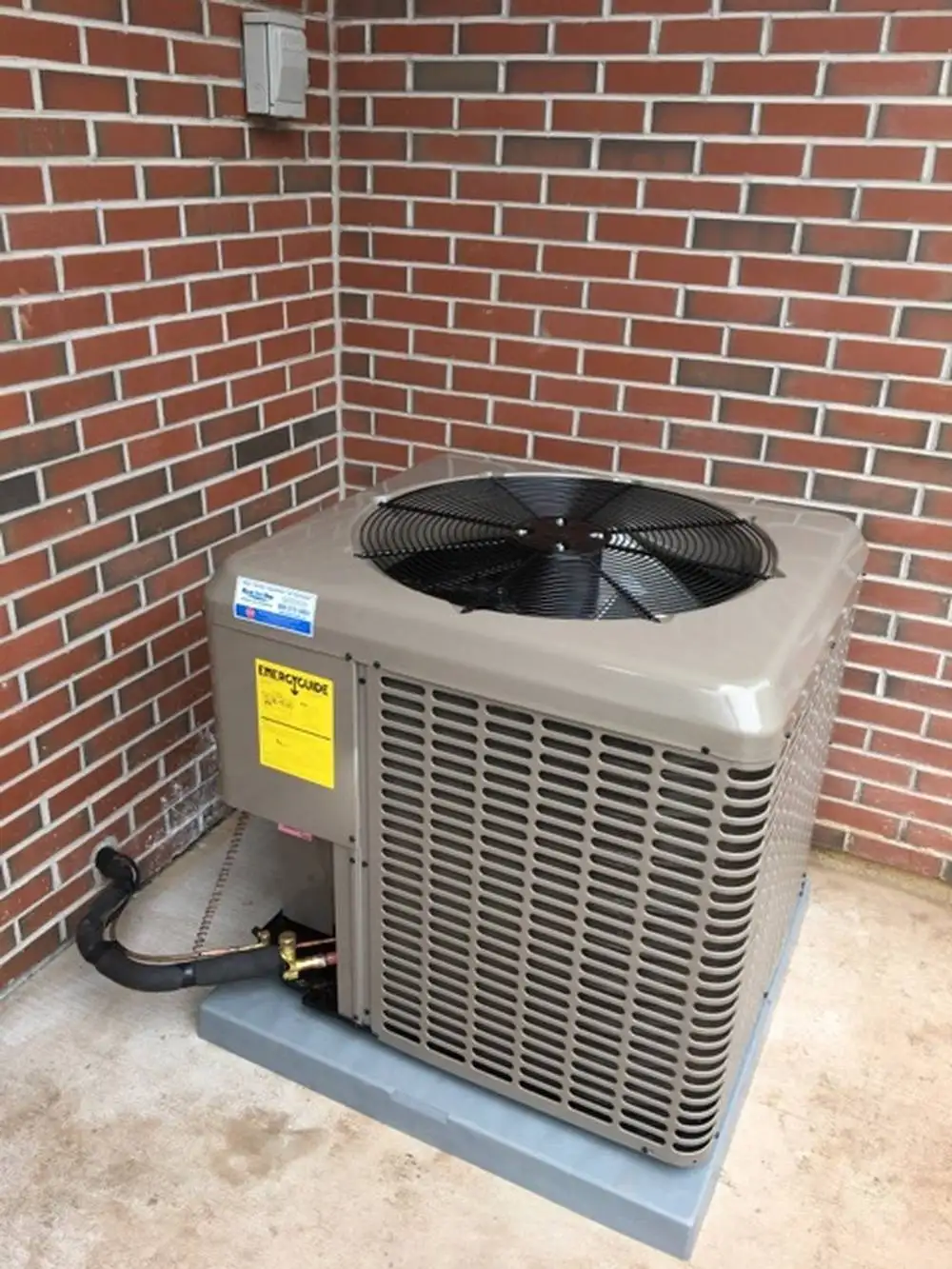
Importance of Air Filters
Air filters are an integral component of any air conditioning system, serving as the first line of defense against airborne contaminants. These filters capture and hold various particles, including dust, pollen, pet dander, and more, preventing them from recirculating throughout your indoor space. The effectiveness of an air filter is crucial for maintaining not just the cleanliness of your air but also the efficiency and longevity of your HVAC system.
Types of Air Filters
When it comes to smoke filtration, not all air filters are created equal. Here’s a breakdown of the types of air filters commonly found in air conditioning systems:
- Standard Filters: These filters are typically designed to capture large particles. While they help keep your system clean and protect it from larger debris, they’re ineffective against smoke particles.
- HEPA Filters: High Efficiency Particulate Air (HEPA) filters are among the most effective at capturing extremely small particles, including smoke. These filters can trap 99.97% of particles that are 0.3 microns in diameter or larger, making them an excellent choice for improving indoor air quality.
- Activated Carbon Filters: While not typically used in standard HVAC systems, activated carbon filters can absorb smoke, odors, and various chemicals, making them useful in environments where smoke is a concern.
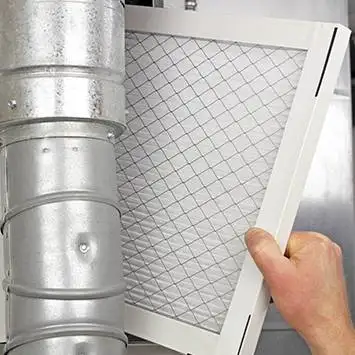
Regular Maintenance and Filter Replacement
The efficiency of air filters in air conditioning systems significantly depends on regular maintenance and timely replacement. Clogged or dirty filters not only fail to filter air effectively but can also strain your HVAC system, leading to increased energy consumption and potential repairs. For environments prone to smoke exposure, it’s advisable to check and replace filters more frequently than the standard recommendation.
Enhancing Smoke Filtration with Advanced Filters
For those concerned about smoke and fine particulates, upgrading to HEPA filters or integrating activated carbon filters into your system can provide a substantial improvement in air quality. However, it’s important to ensure that your HVAC system is compatible with these higher-grade filters to avoid restricted air flow and system strain.
Limitations of Traditional Air Conditioners in Smoke Filtration
Inherent Design Focus
Traditional air conditioning systems are ingeniously designed to regulate the temperature within a space, ensuring comfort during extreme weather conditions. However, it’s crucial to recognize that their inherent design focuses primarily on cooling and, to a lesser extent, dehumidifying the air. This specialization means that while they can circulate air and trap some particulates through their filters, they are not inherently equipped to deal with fine pollutants like smoke particles effectively.
The Challenge with Smoke Particles
Smoke particles present a unique challenge for traditional AC systems. Smoke, whether from outdoor fires, indoor cooking, or tobacco use, consists of a complex mixture of gases and tiny particles that can be harmful to health. These particles are much smaller than what standard air conditioner filters are designed to capture. As a result, smoke can easily bypass the typical air filter in an AC unit, continuing to circulate harmful particles within your indoor environment.
Understanding Filtration Grades
The effectiveness of an air filter is often measured by its MERV (Minimum Efficiency Reporting Value) rating, which ranges from 1 to 20. Standard residential AC systems typically use filters with MERV ratings between 1 and 8, adequate for capturing large particles like pollen, dust mites, and carpet fibers. However, smoke particles require a higher MERV rating to be effectively filtered out of the air.
The Need for Additional Solutions
Given these limitations, relying solely on a traditional air conditioning system for smoke filtration can compromise indoor air quality. While the system may perform adequately in cooling and circulating air, it falls short in addressing the fine particulates associated with smoke. This gap underscores the importance of considering additional air purification solutions or enhancing your existing system to effectively remove smoke from your indoor environment.
Enhancing Your AC System for Better Smoke Filtration
Improving your air conditioning system’s ability to filter out smoke involves a few strategic upgrades and practices. These enhancements can significantly impact your indoor air quality, especially in areas prone to smoke from wildfires, urban pollution, or indoor sources like cooking and smoking.
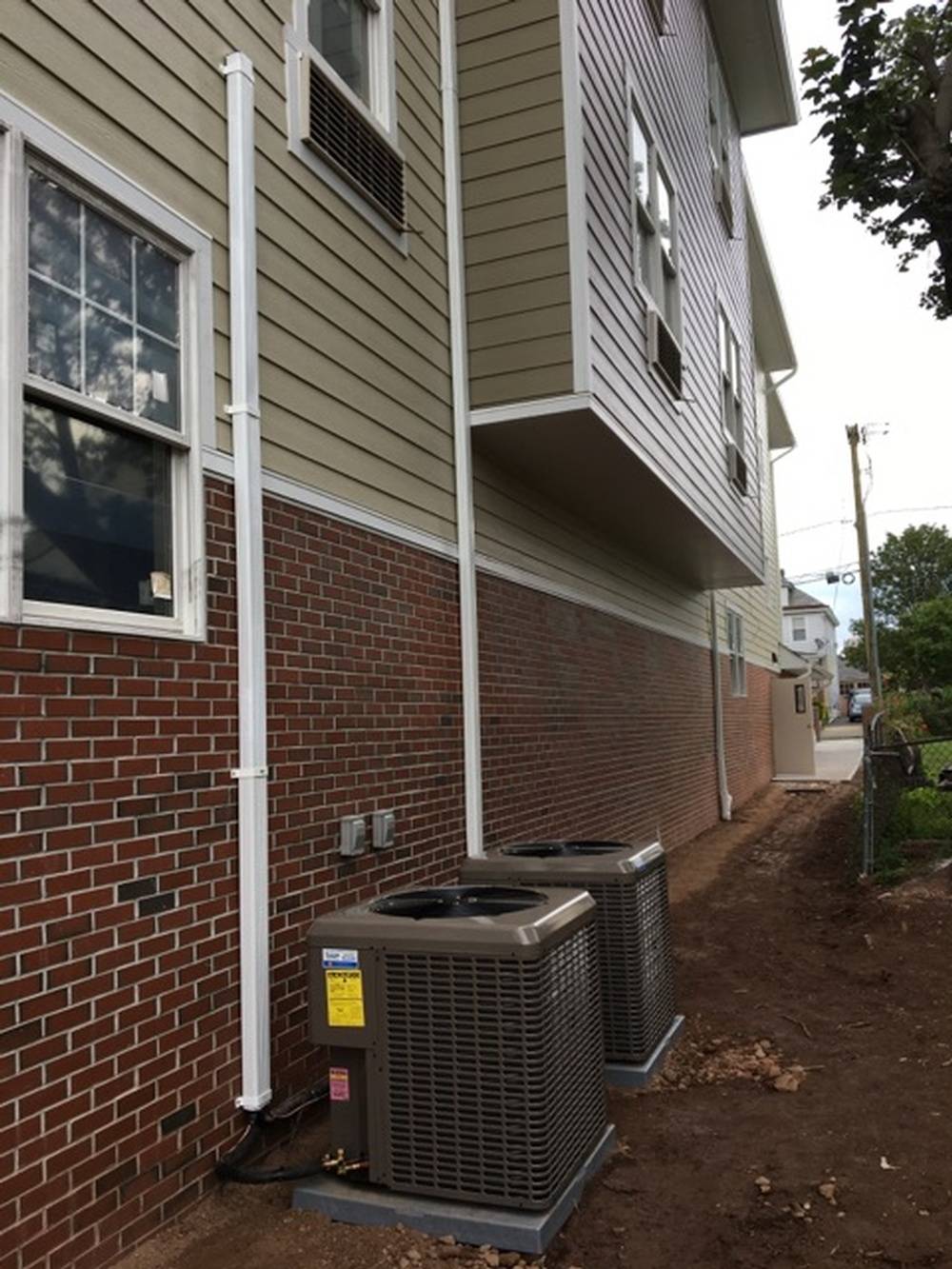
Upgrade to Higher-Quality Air Filters
One of the most effective steps is upgrading the air filters in your existing AC system. Opt for filters with a higher MERV rating, ideally between 13 and 16. These filters are much more efficient at trapping smaller particles, including smoke, dust, and bacteria. Remember, higher-rated filters may restrict airflow more than lower-rated ones, so it’s essential to check that your system can handle the upgrade without compromising efficiency.
Regular Maintenance and Filter Replacement
Regular maintenance of your air conditioning system extends beyond ensuring operational efficiency and longevity; it also impacts air quality. Schedule routine check-ups with professionals to keep the system running smoothly. Additionally, replace air filters at recommended intervals, typically every three months, or more frequently if you’re in a smoke-prone area. This practice helps maintain optimal air filtration and circulation.
Integrate Air Purifiers
While upgrading your AC system’s filters can make a difference, integrating air purifiers into your home offers another layer of protection against smoke. Air purifiers with HEPA filters are particularly effective at capturing fine particles, including smoke. For best results, consider placing purifiers in high-traffic areas and bedrooms to ensure cleaner air where you spend most of your time.
Consider a Whole-House Air Purification System
For a more comprehensive solution, a whole-house air purification system can be integrated with your existing HVAC system. These systems are designed to work alongside your AC, providing an additional filtration stage for the air circulated throughout your home. They’re especially beneficial for households in areas frequently affected by smoke and other pollutants.
Seal and Insulate Your Home
Improving your home’s sealing and insulation can further enhance your AC system’s smoke filtration efficiency. By minimizing the influx of outdoor air, you reduce the entry of smoke and other pollutants. Ensure that windows, doors, and any openings are well-sealed, and consider upgrading insulation if necessary.
Alternative Solutions and Best Practices
While enhancing your air conditioning system is a step in the right direction for smoke filtration, it’s often beneficial to consider additional solutions and best practices for maintaining optimal indoor air quality. Here, we’ll explore some alternative strategies and preventive measures that can complement your AC system’s efforts.
Implementing Air Purification Technologies
- Portable Air Purifiers: Ideal for targeting specific rooms or areas within your home, portable air purifiers with HEPA filters can significantly reduce the presence of smoke and other fine particulates. They’re a flexible solution that can be moved as needed to address immediate air quality concerns.
- Whole-House Air Purifiers: Integrated into your existing HVAC system, whole-house air purifiers provide a seamless and comprehensive approach to filtering out smoke and improving overall indoor air quality. They’re especially recommended for areas prone to wildfires or heavy pollution.
Ventilation Improvements
Enhancing your home’s ventilation can aid in the expulsion of polluted indoor air and the introduction of cleaner outdoor air. Consider incorporating ventilation strategies such as:
- Natural Ventilation: Open windows and doors when outdoor air quality is good to allow fresh air to circulate through your home.
- Mechanical Ventilation: Systems like heat recovery ventilators (HRVs) or energy recovery ventilators (ERVs) can efficiently exchange indoor air with fresh outdoor air without significant energy loss, maintaining indoor temperature and humidity levels.
Indoor Air Quality Monitors
Investing in an indoor air quality monitor can provide real-time feedback on the levels of various pollutants, including smoke, within your home. This information can help you make informed decisions about when to run air purifiers, enhance ventilation, or take other corrective actions.

Smoke-Free Environment
One of the most effective ways to prevent smoke from affecting your indoor air quality is to maintain a smoke-free environment. Avoid indoor smoking and minimize activities that produce smoke, such as burning candles or cooking without proper ventilation.
Regular Cleaning and Dusting
Regularly cleaning your home can reduce the accumulation of dust, pet dander, and other particulates that can worsen air quality. Use a vacuum with a HEPA filter to capture the smallest particles and dust with microfiber cloths to trap rather than disperse particles.
Breathe Easy with Us
Ready to upgrade your indoor air quality and combat smoke effectively? 🍃 At Blue Air One Heating & Air Conditioning, our experts are here to guide you through enhancing your HVAC system for a cleaner, healthier home. Contact us today to discuss your options and take a breath of fresh air! ☎️🏡



